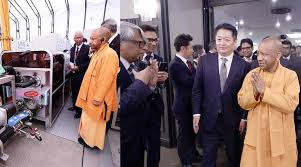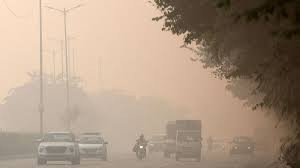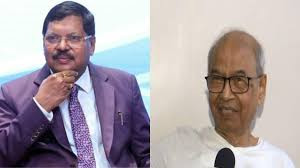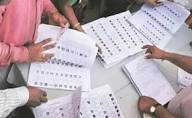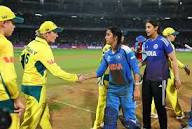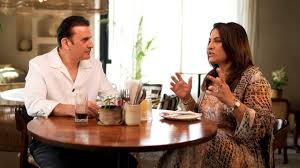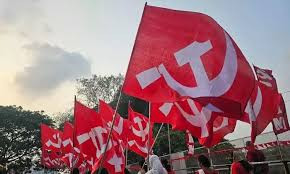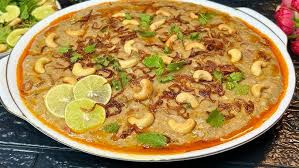Sena (UBT) Threatens to Blacken Rahul Gandhi’s Face, Stone Convoy Over Savarkar Remarks; Tensions With Congress Escalate

IIE DIGITAL DESK : Tensions have sharply escalated between two key constituents of the INDIA bloc—Congress and Shiv Sena (Uddhav Balasaheb Thackeray)—following Rahul Gandhi’s fresh remarks on Hindutva ideologue Vinayak Damodar Savarkar. In a fiery response, members of the Sena (UBT) have threatened to "blacken Rahul Gandhi’s face" and "pelt stones at his convoy" if he dares to insult Savarkar again.
The controversy was reignited after Rahul Gandhi, during a recent public address in Kerala, reiterated his criticism of Savarkar, accusing him of compromising with the British during India’s freedom struggle. The Congress leader’s remarks have struck a raw nerve with Shiv Sena (UBT), which considers Savarkar a revered icon in Maharashtra and a symbol of nationalist pride.
Speaking to the media, Sena (UBT) spokesperson Sanjay Raut issued a stern warning, saying, "We are not going to tolerate any more insults to Savarkar. If Rahul Gandhi repeats this in Maharashtra, be ready for public backlash. His convoy will be shown black flags, and people will not hold back from throwing stones or worse."
Local Sena workers have already started protests in parts of Mumbai and Nashik, holding placards and raising slogans against the Congress leader. Effigies of Rahul Gandhi were reportedly burned in several districts. The party’s youth wing has called for a statewide agitation unless Gandhi retracts his comments and offers an apology.
The Congress, on its part, has maintained that Gandhi’s views on Savarkar are based on documented historical facts. Maharashtra Congress President Nana Patole defended Gandhi’s statements, asserting, "Rahul Gandhi is merely quoting historical evidence. We respect everyone’s opinion, but facts remain facts. We will not be silenced by threats or violence."
This ideological flashpoint threatens to strain the fragile unity within the INDIA alliance, especially ahead of crucial state elections and the 2026 general elections. The alliance, formed as a united opposition front against the BJP, includes Congress, Sena (UBT), NCP (Sharad Pawar), and several other regional parties.
Political analysts say that the disagreement over Savarkar is not new, but the open threats issued this time mark a serious breakdown in intra-alliance communication and discipline. In Maharashtra, Savarkar continues to be a deeply emotive figure, especially for the Shiv Sena and the BJP, which have often used his legacy as a rallying point.
Senior leaders within the INDIA bloc have expressed concern over the growing rift. NCP leader Sharad Pawar has reportedly reached out to both parties, urging restraint and calling for a closed-door discussion to resolve ideological differences without airing them publicly.
Security agencies have taken note of the threats against Rahul Gandhi. Maharashtra police have reviewed the Congress leader’s security cover, especially during his expected visits to the state for upcoming rallies. Intelligence inputs suggest that certain right-wing groups might attempt to stage demonstrations or disrupt his public appearances.
The BJP has seized the opportunity to criticize the alliance, labeling it “fractured and dishonest.” BJP spokesperson Shehzad Poonawalla stated, “This is what happens when political convenience trumps ideology. Congress insults Savarkar repeatedly, and now its allies are threatening violence. What kind of coalition is this?”
As Maharashtra braces for political turbulence, the fallout from this episode could resonate far beyond the state. With ideological fault lines becoming more visible, the INDIA bloc may need to reassess how it balances its coalition’s diversity with electoral unity.
Whether Rahul Gandhi will modify his tone or continue to critique Savarkar remains uncertain, but one thing is clear—the legacy of the freedom struggle continues to ignite fierce debates in modern Indian politics.
You might also like!






